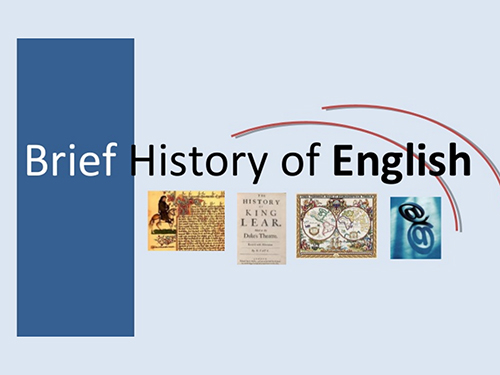English Medium Instruction in K12

03 October 2016 – Osman Bedel – English Medium Instruction (EMI) is a concept that has gained a lot of attention in recent years, particularly in the field of K12 education. In this blog post, we will explore what EMI is, who uses the concept, how it fits with intercultural dialogue, and what the future holds for EMI in K12 education. What is EMI? EMI refers to the use of the English language as the medium of instruction in schools and educational institutions where English is not the primary language. The aim of EMI is to provide students with the opportunity to learn subject content in English while also improving their language proficiency. Who uses the concept? EMI is used in various countries around the world, including Japan, Korea, China, and many European countries. In these countries, EMI is often seen as a way to prepare students for a globalized world where English is the dominant language of business, academia, Read More …










